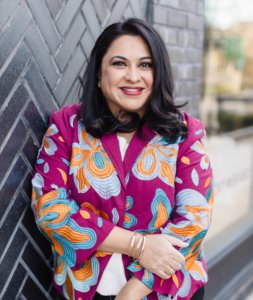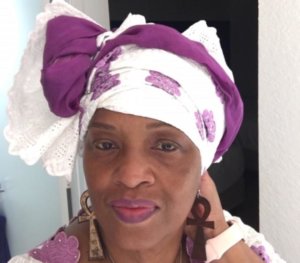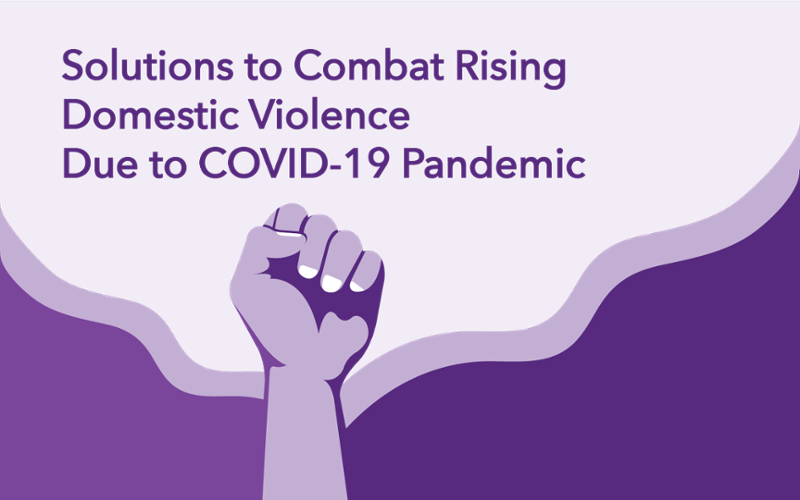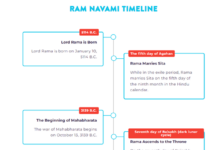Vidya Sethuraman
India Post News Service
Domestic violence cases have skyrocketed, as isolation and financial hardships make it more difficult for survivors to leave their abusers. One out of four women and one out of 10 men face abuse from an intimate partner or spouse, the New England Journal of Medicine reported last year. Anecdotal reports point to a dramatic rise in domestic violence since the start of the COVID-19 pandemic. Experts at the EMS briefing on April 23 discussed prevention and reconciliation programs that engage abusers as well as survivors, children in abusive households, and immigrant families.

Economic independence is a critical factor in violence prevention. The pandemic has exacerbated financial entanglement by causing increased job loss and unemployment, particularly among women of color, immigrants. Shelters are closed or operating at full capacity, and thereby cannot take on new clients. Immigrant victims of domestic violence are less likely to call police because of a mistrust of law enforcement or language barriers. The search for more effective interventions has become even more important during the COVID-19 pandemic.
Monica Khant, Executive Director of the Atlanta-based Asian Pacific Institute on Gender-based Violence spoke about her experience as Immigrant attorney in different states and her new role in API. “This is my life’s mission, to work for people who would not have a voice,” she said. “My upbringing prepared me because I understand the challenges people face when coming to the United States.” The Asian Pacific Institute on Gender-Based Violence is a national resource center on domestic violence, sexual violence, trafficking, and other forms of gender-based violence in Asian/Asian-American and Pacific Islander (AAPI) communities.
Domestic violence is often viewed as a deeply stigmatizing, intensely private matter in many Asian American communities, said Monica. Cultural factors often prevent Asian American women already the least likely group to report abuse from seeking help. The stay-at-home orders mean people in abusive relationships can be stuck with their abusers with little possibility of leaving. Many survivors have lost their job; this will force them to stay with their abusive partner due to the rent burden if they move out. We have to take a different route to combat this violence rather than the traditional law enforcement one.
Rev. Aleese Moore-Orbih, Executive Director, California Partnership to End Domestic Violence said, “I have come full circle, at home in California, where my journey began. It is a blessing and opportunity to merge my leadership with the Members of the California Partnership to End Domestic Violence.” The California Partnership to End Domestic Violence (the Partnership) is California’s recognized domestic violence coalition, representing over 1,000 survivors, advocates, organizations and allied

individuals across the state. She said through our public policy, communications and capacity-building programs, we create system-wide change that supports survivors and invests in prevention. She said combating domestic violence requires a healing-centered approach, which doesn’t always remove an abuser from the household nor criminalize him.
Creating trained networks of community volunteers to intervene in domestic disputes, engaging survivors and their partners in restorative justice proceedings removed from the criminal legal system are some of the approaches used by many community organizations to solve these issues.







